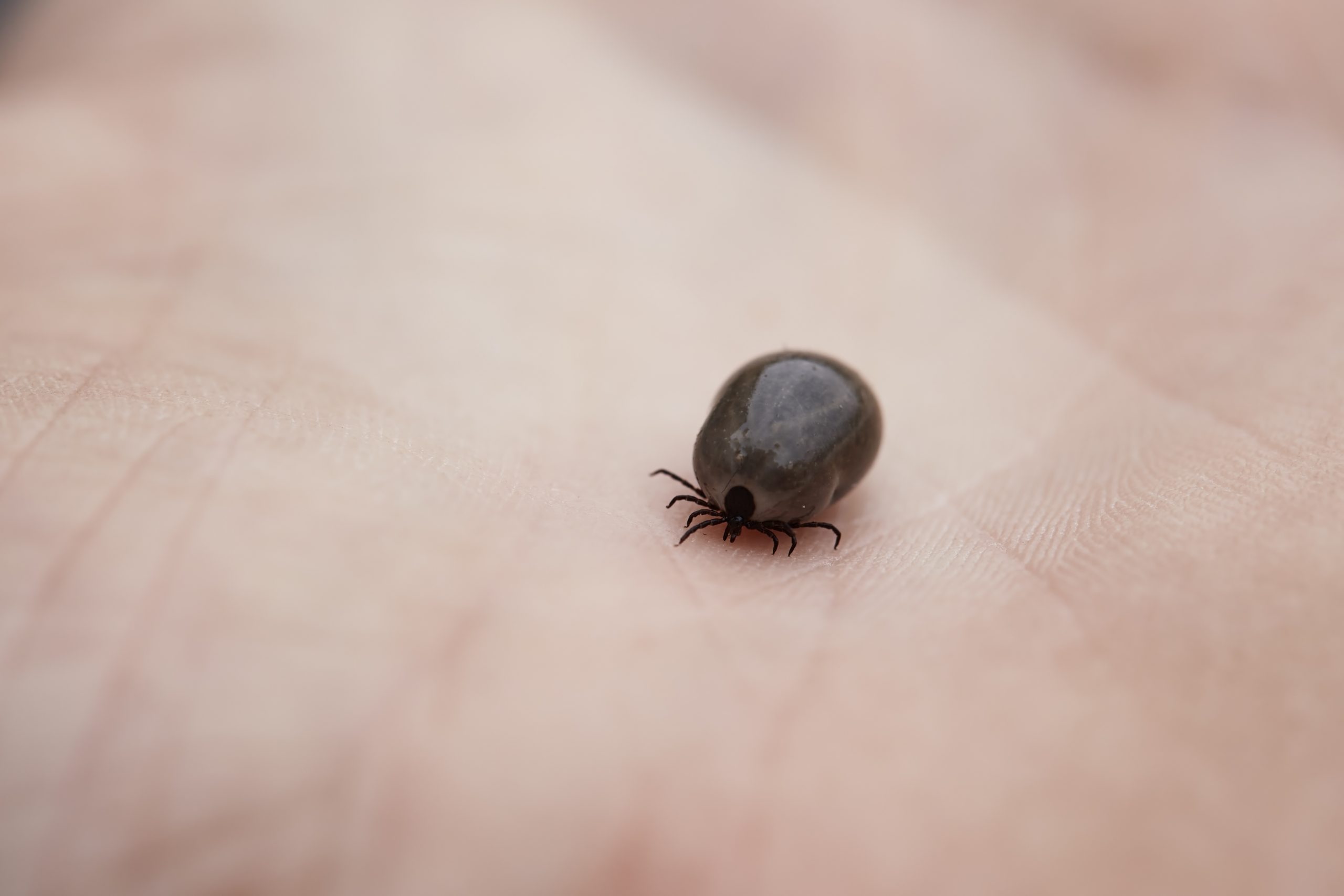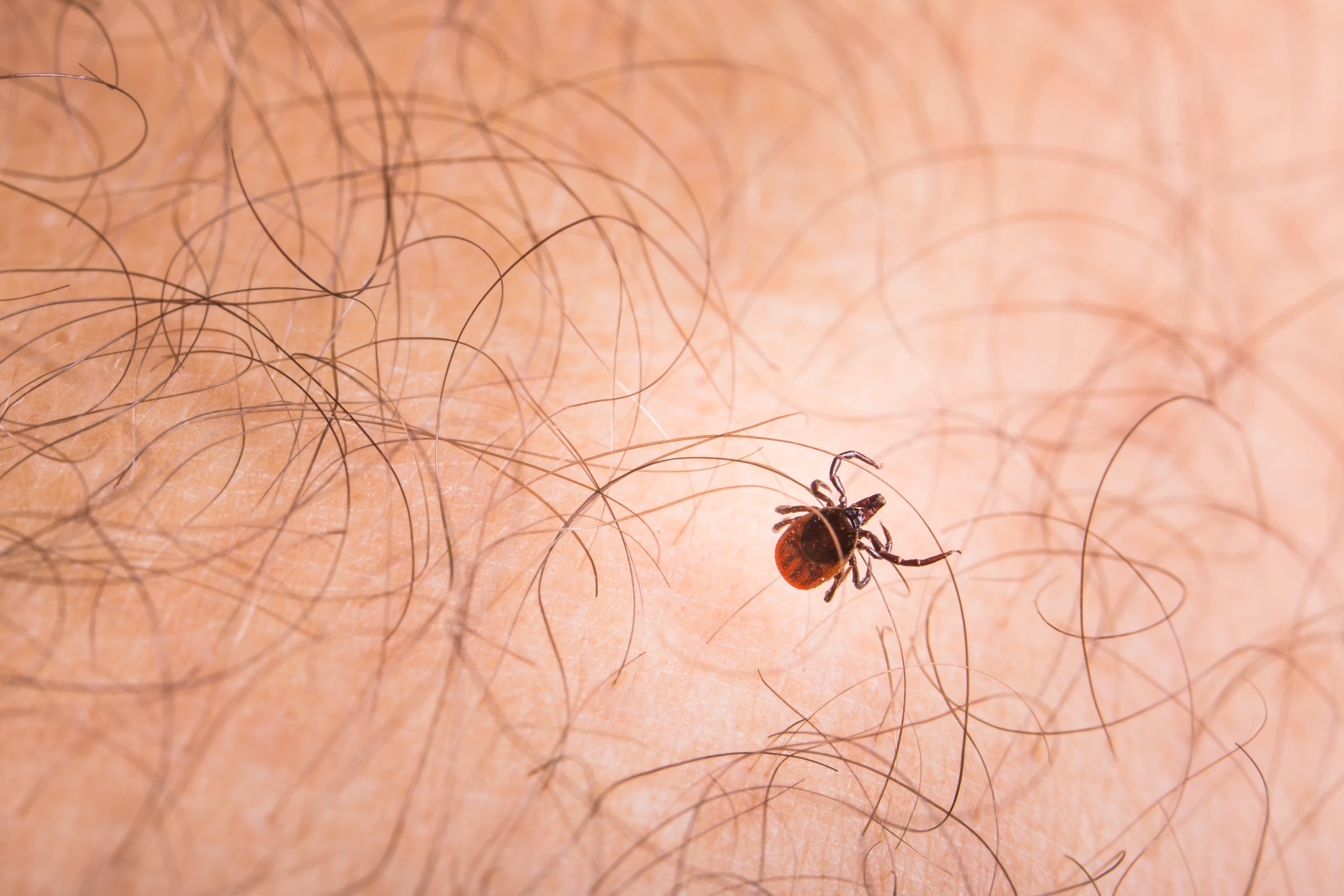Protecting Your Family: The Hidden Risks of Mosquito and Tick-Borne Diseases
bcconw06
Feb 15, 2024 · 16 min read

Mosquitoes and ticks are not just pesky insects that cause itchy bites, they can also carry dangerous diseases. As the weather warms up and people spend more time outdoors, it’s important to understand the risks associated with mosquito and tick bites and how to protect yourself and your family. In this article, we’ll explore the diseases that can be transmitted by these insects and why using mosquito and tick spray is an effective way to prevent them.

The Dangers of Mosquito and Tick-Borne Diseases
Mosquitoes and ticks are known to carry a variety of diseases, some of which can be life-threatening. These diseases can be transmitted to humans through a bite from an infected insect. The most common mosquito-borne diseases in the United States include West Nile virus, Zika virus, and dengue fever. Ticks can transmit diseases such as Lyme disease, Rocky Mountain spotted fever, and Powassan virus.
Mosquito-Borne Diseases
Mosquito-borne diseases are caused by viruses or parasites that are transmitted through the bite of an infected mosquito. These diseases can range from mild to severe and can even be fatal. Symptoms may include fever, headache, body aches, and rash. In some cases, these diseases can lead to long-term health complications.
West Nile virus is the most common mosquito-borne disease in the United States. It is estimated that 70-80% of people infected with West Nile virus do not develop any symptoms. However, in some cases, it can cause severe illness, including inflammation of the brain or spinal cord.
Zika virus gained widespread attention in 2015 when it caused a large outbreak in Brazil. While most people infected with Zika virus do not experience symptoms, it can cause birth defects in pregnant women and brain-related complications in adults.
Dengue fever is a viral infection that is common in tropical and subtropical regions. Symptoms may include high fever, severe headache, joint and muscle pain, and rash. In severe cases, dengue fever can lead to dengue hemorrhagic fever, which can be life-threatening.
Tick-Borne Diseases
Ticks can transmit a variety of diseases, including Lyme disease, Rocky Mountain spotted fever, and Powassan virus. These diseases can cause a range of symptoms, from mild to severe, and can even be fatal.
Lyme disease is the most common tick-borne disease in the United States. It is caused by a bacterium called Borrelia burgdorferi and is transmitted through the bite of an infected black-legged tick. Symptoms may include fever, headache, fatigue, and a characteristic bullseye rash. If left untreated, Lyme disease can lead to joint pain, heart problems, and neurological issues.
Rocky Mountain spotted fever is a bacterial infection that is transmitted by the American dog tick, the Rocky Mountain wood tick, and the brown dog tick. Symptoms may include fever, headache, rash, and muscle pain. In severe cases, it can lead to organ failure and death.
Powassan virus is a rare but serious disease that is transmitted by the bite of an infected tick. Symptoms may include fever, headache, vomiting, and weakness. In severe cases, it can cause brain inflammation, which can be fatal.
The Importance of Mosquito and Tick Control
The best way to protect yourself and your family from mosquito and tick-borne diseases is to prevent bites in the first place. This is where mosquito and tick control comes in. By reducing the number of mosquitoes and ticks in your yard, you can significantly decrease your risk of being bitten and contracting a disease.
There are several ways to control mosquitoes and ticks in your yard. These include:
- Removing standing water where mosquitoes breed
- Trimming tall grass and shrubs where ticks like to hide
- Using mosquito and tick repellents
- Installing screens on windows and doors
- Treating your yard with mosquito and tick spray
Why Mosquito and Tick Spray is Effective
Mosquito and tick spray is an effective way to control these insects in your yard. These sprays contain insecticides that kill mosquitoes and ticks on contact. They can also provide residual protection, meaning they continue to kill insects for a period of time after application.
One of the most commonly used insecticides in mosquito and tick spray is permethrin. This chemical is highly effective at killing mosquitoes and ticks and has been used for decades in insect control products. It is also considered safe for humans and pets when used as directed.
Another commonly used insecticide is pyrethrin, which is derived from chrysanthemum flowers. Like permethrin, it is highly effective at killing mosquitoes and ticks and is considered safe for humans and pets when used as directed.

Ways to Protect Yourself from Mosquito and Tick Bites
In addition to using mosquito and tick spray, there are other steps you can take to protect yourself from bites. These include:
- Wearing insect repellent when spending time outdoors
- Avoiding outdoor activities during peak mosquito and tick activity times (dawn and dusk)
- Checking yourself and your pets for ticks after spending time outdoors
- Removing any ticks you find promptly and properly
- Keeping your yard clean and free of debris where ticks can hide
Mosquito and tick-borne diseases can have serious consequences, but by taking steps to control these insects and protect yourself from bites, you can significantly reduce your risk. Using mosquito and tick spray is an effective way to control these insects in your yard and protect yourself and your family. Remember to always follow the instructions on the label and take other precautions to prevent bites. By doing so, you can enjoy the outdoors without worrying about the dangers of mosquito and tick-borne diseases.
Read More

As temperatures rise on the South Shore of Massachusetts, so does the activity of ticks, those tiny arachnids that become more active in warmer months, posing a potential threat to the health of resid
bcconw06
Feb 23, 2024

Ticks, those tiny arachnids that often evoke shudders and concerns about Lyme disease, have long been the subject of various inquiries. One curious question that often arises is whether ticks exhibit
bcconw06
Feb 09, 2024

As the warm seasons approach, so do the notorious companions – mosquitoes and ticks. While the great outdoors beckon, addressing the lurking health risks these pests bring is crucial. This guide wil
bcconw06
Feb 07, 2024